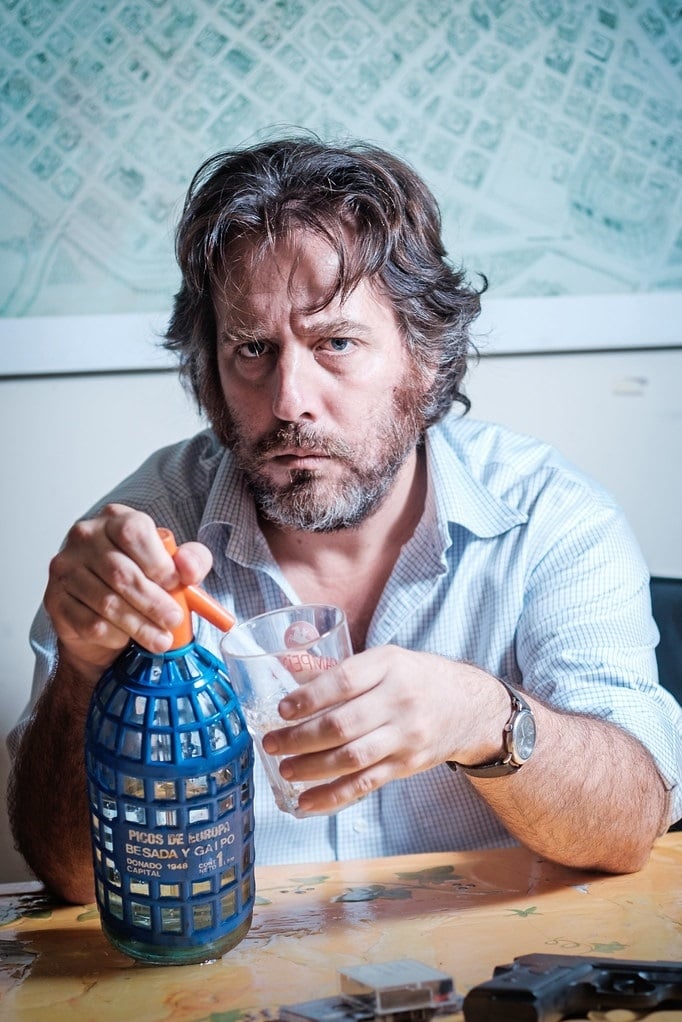
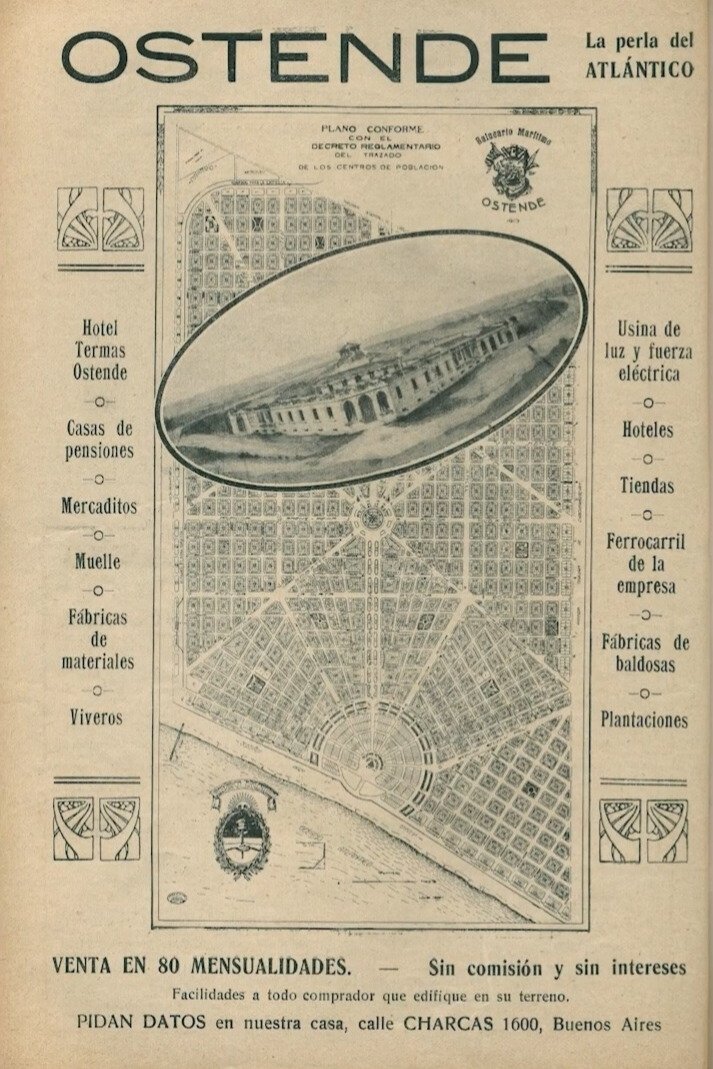
Mariano Llinás makes, at the request of the Viejo Hotel Ostende, a portrait of the Hotel's future over its 110 years of history
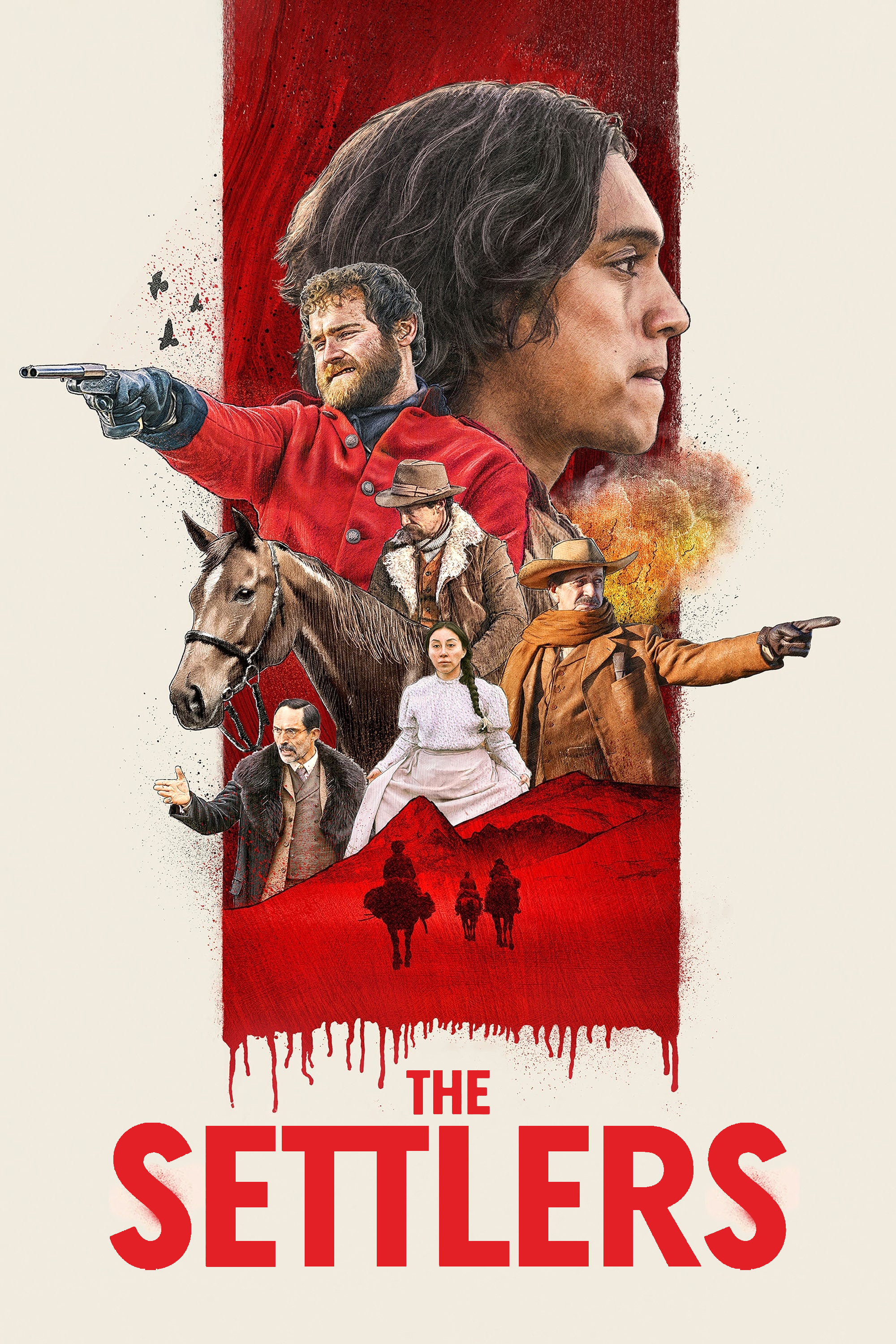
Chile, early 20th century. José Menéndez, a wealthy landowner, hires three horsemen to mark out the perimeter of his extensive property and open a route to the Atlantic Ocean across vast Patagonia.
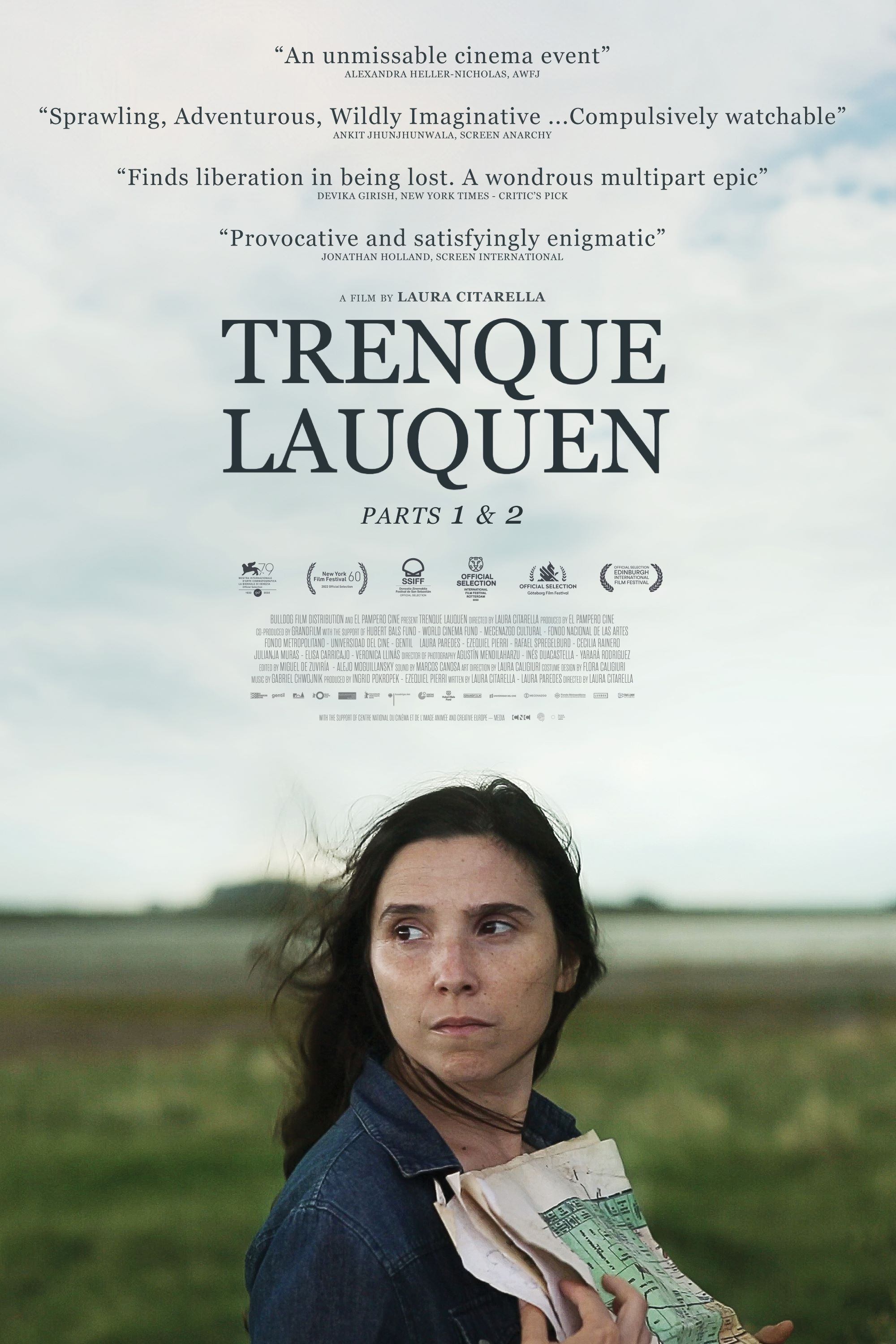
With the strange disappearance of Laura, two colleagues, her older boyfriend, Rafael, and Ezequiel, learn of their recent discoveries, which may help them locate her. However, the story is bigger and stranger than they could imagine.
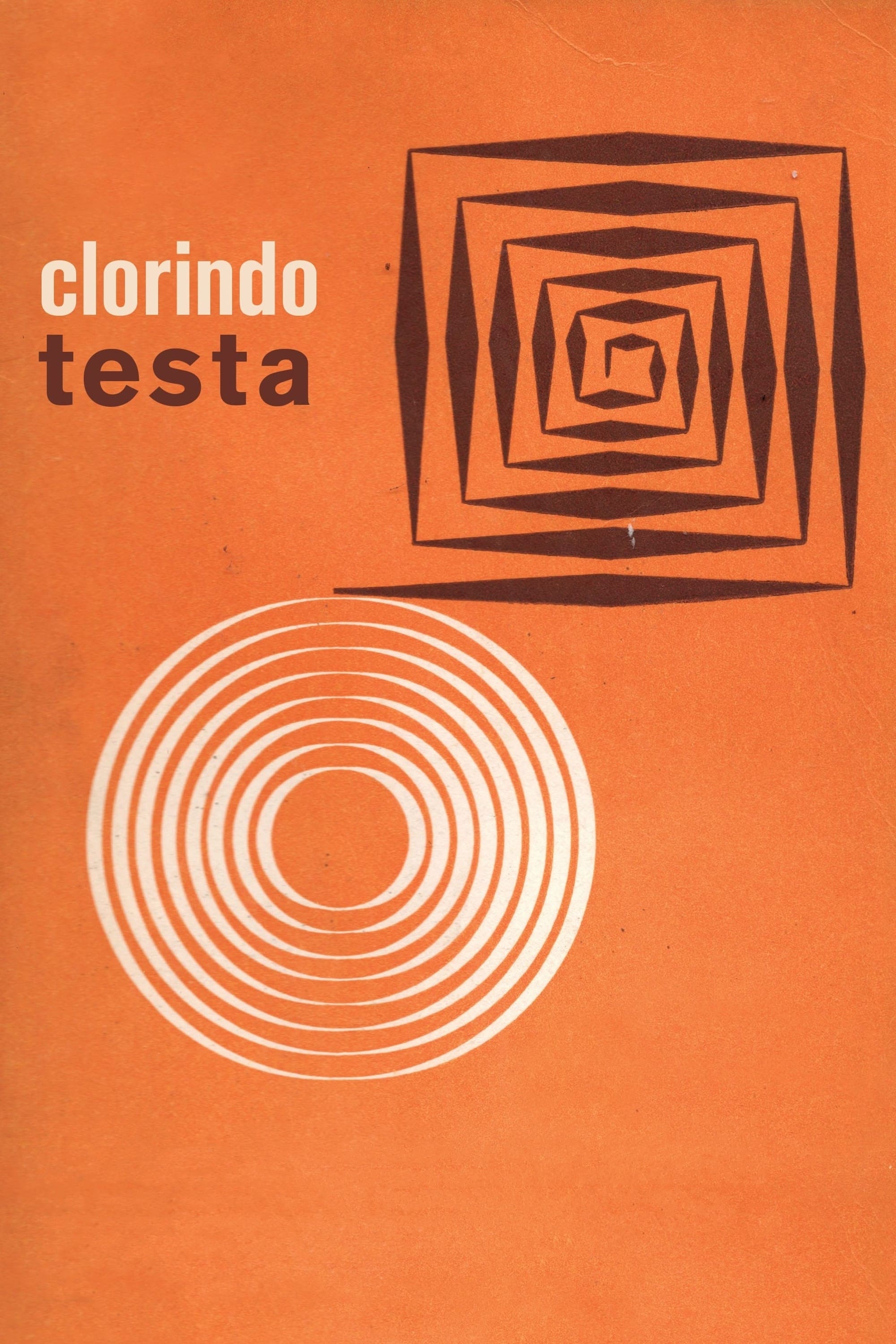
Is this film about Clorindo Testa or not? Is it about the life of the director, about the life of his father, about the life of his country, or is it just one of those biographical films that proliferate at film festivals in which the narrator spends his time recounting family anecdotes and pulling old photos out of a box? This small, microscopic adventure, whose subtitle, stolen from the Savoyard Xavier de Maistre, could well be Voyage autour de mon père, navigates between these threats and others even worse.
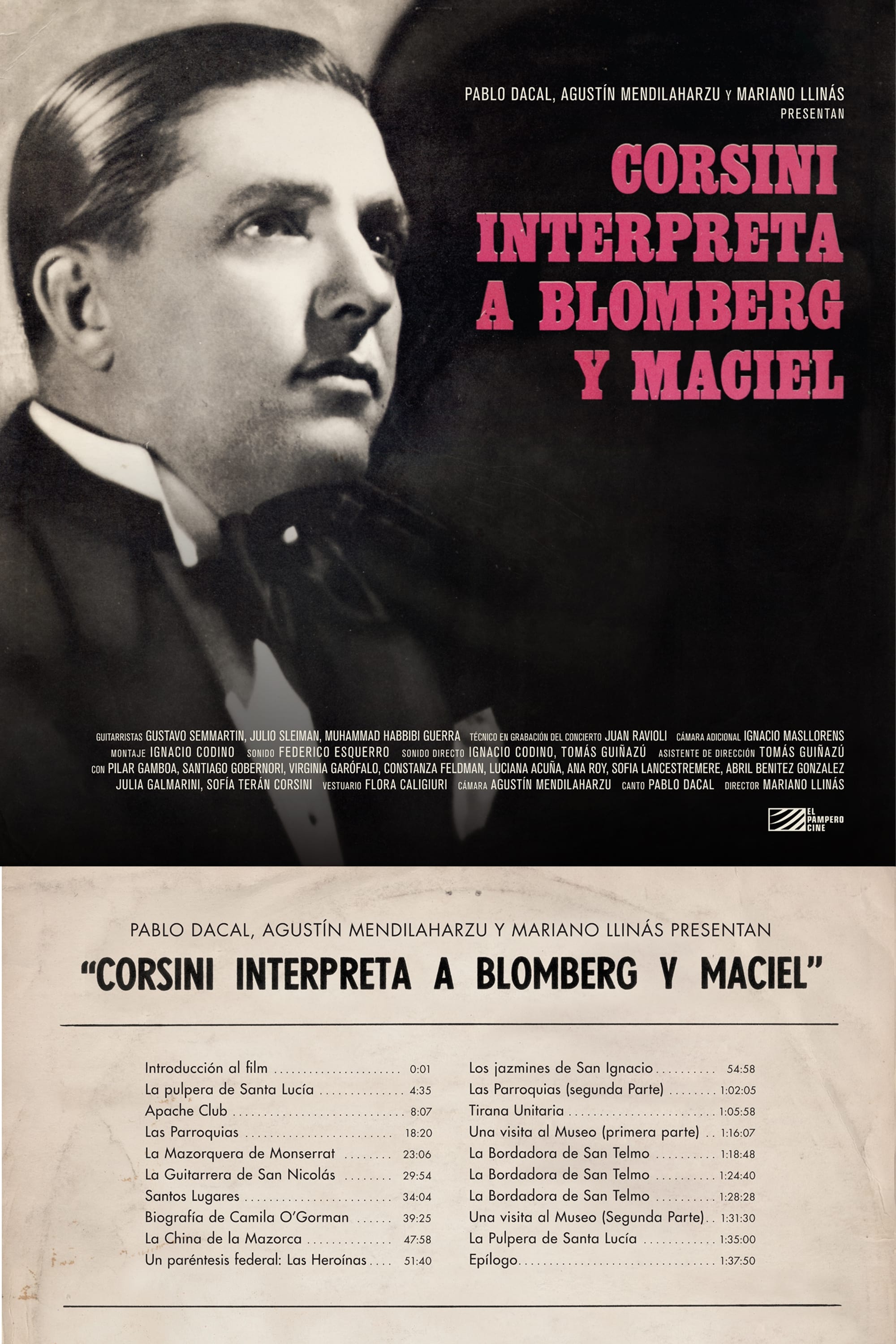
On 9 July – Argentina’s Independence Day – Llinás sets off in Buenos Aires with his regular cameraman Agustín Mendilaharzu to re-record ‘Corsini interpreta a Blomberg y Maciel’, an album made in 1929 by lyricist Hector Pedro Blomberg and composer Enrique Maciel, as an ode to Juan Manuel de Rosas, leader of the Argentine Confederation.
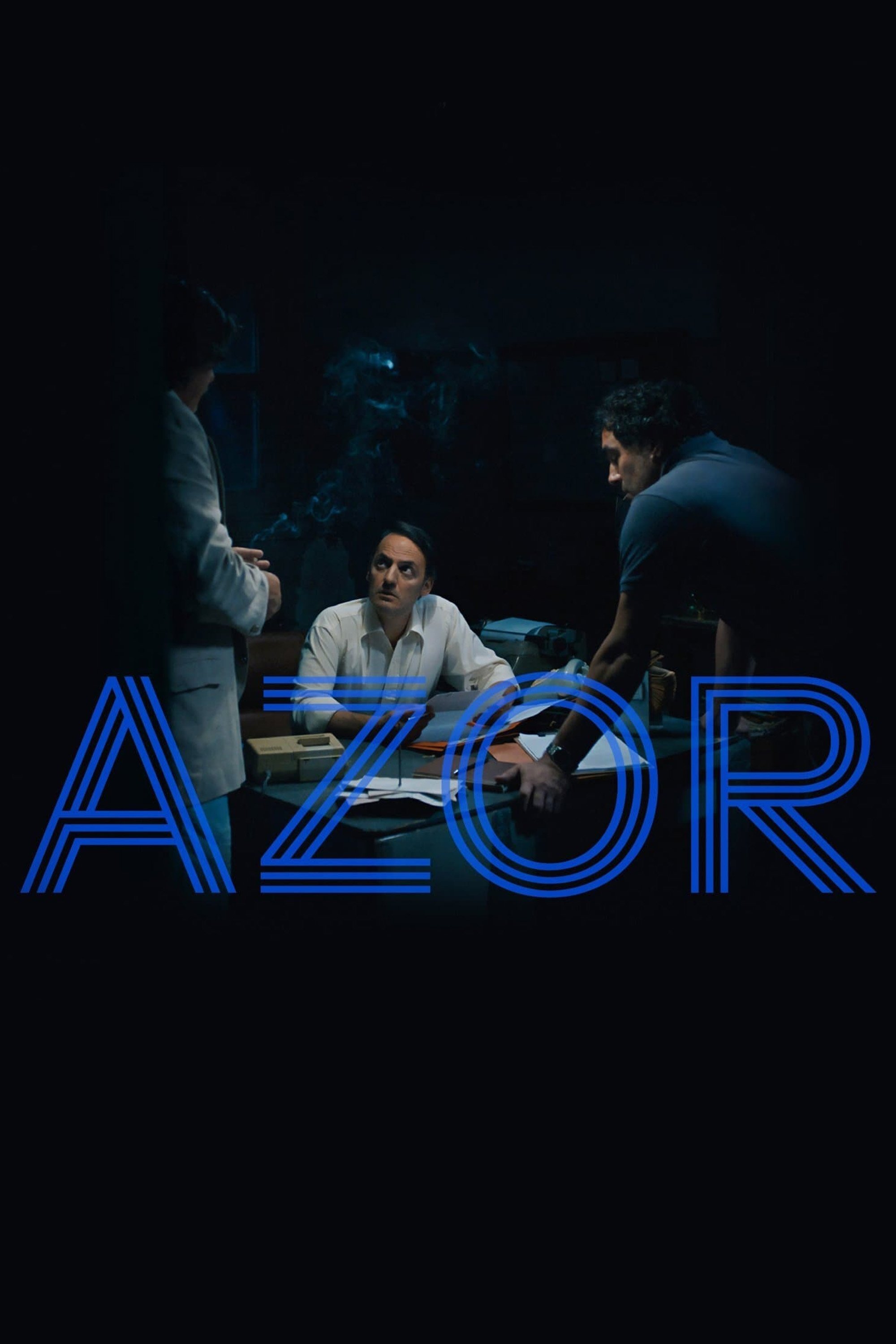
Yvan De Wiel, a private banker from Geneva, is going to Argentina in the midst of a dictatorship to replace his partner, the object of the most worrying rumors, who disappeared overnight. Between hushed lounges, swimming pools, and gardens under surveillance, a remote duel takes place between two bankers who, despite different methods, are the accomplices of a discreet and merciless form of colonization.
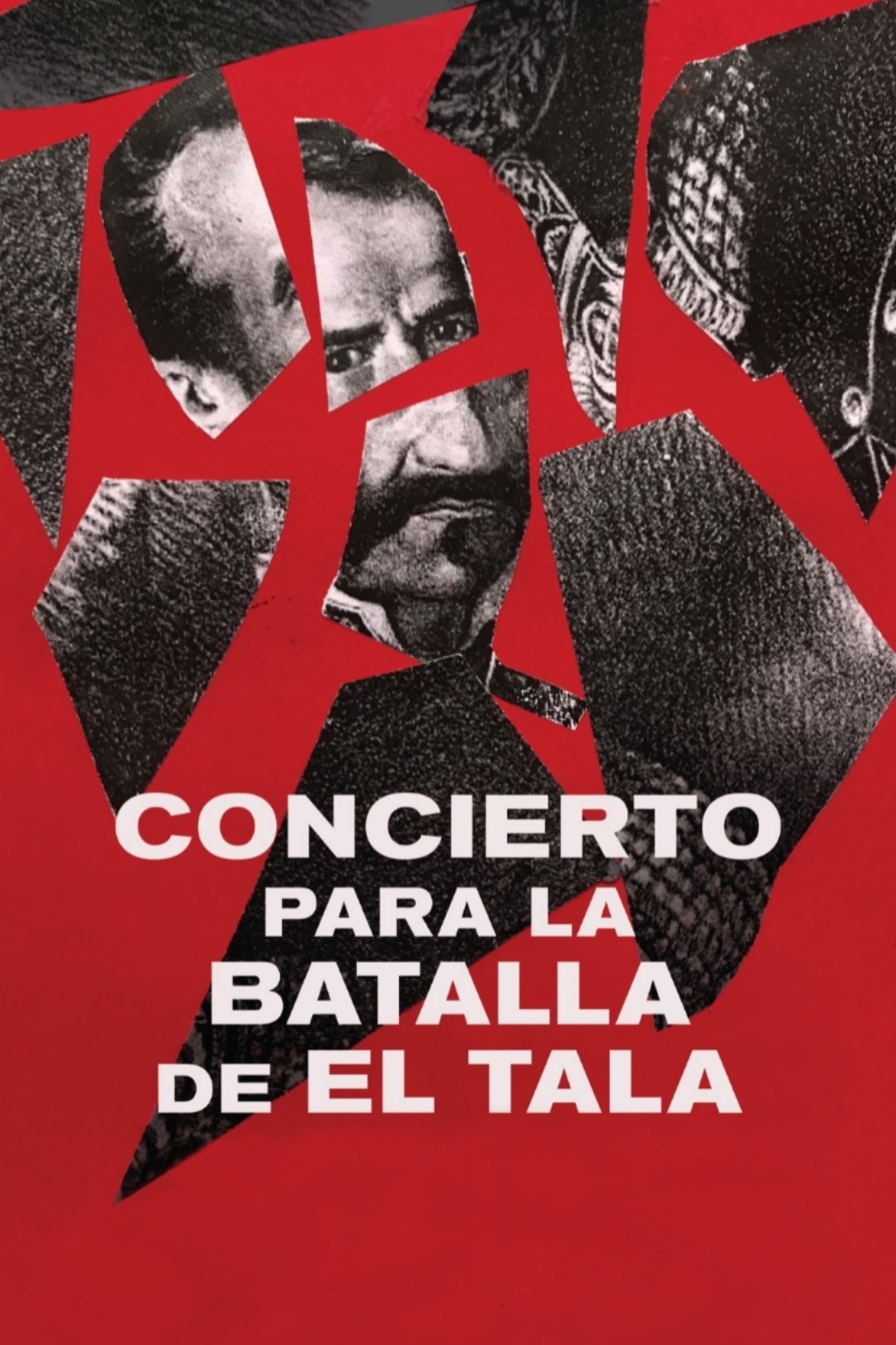
This is a film with music. Or about the music and texts that accompany, in a poetic way, a decisive battle between Unitarian and Federalists. The vicissitudes of the birth of a nation based on the play written by Mariano Llinás and Gabriel Chwojnik, whose images achieve some hypnotic strength.
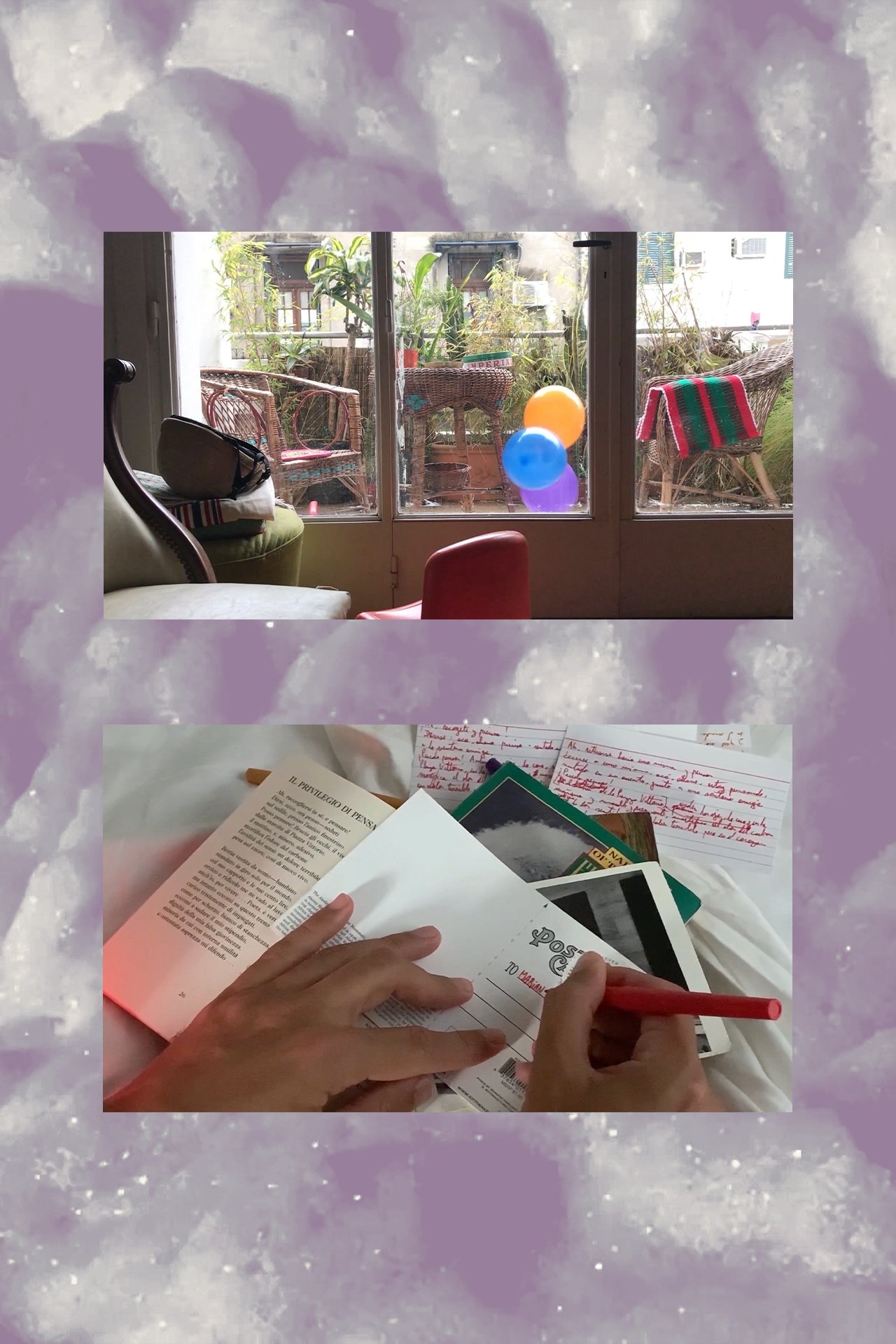
During the quarantine in 2020, the two friends Mariano Llinás and Matías Piñeiro sent each other video letters – 8 in total, 4 each of them – to create a compilation of ideas, thoughts and exchanges commissioned by Sergi Álvarez Riosalido for La Casa Encendida (Madrid). Llinás is in Argentina and Piñeiro is in New York, and they begin to order each other portraits of places, reflections on artists, ideas on cinema.
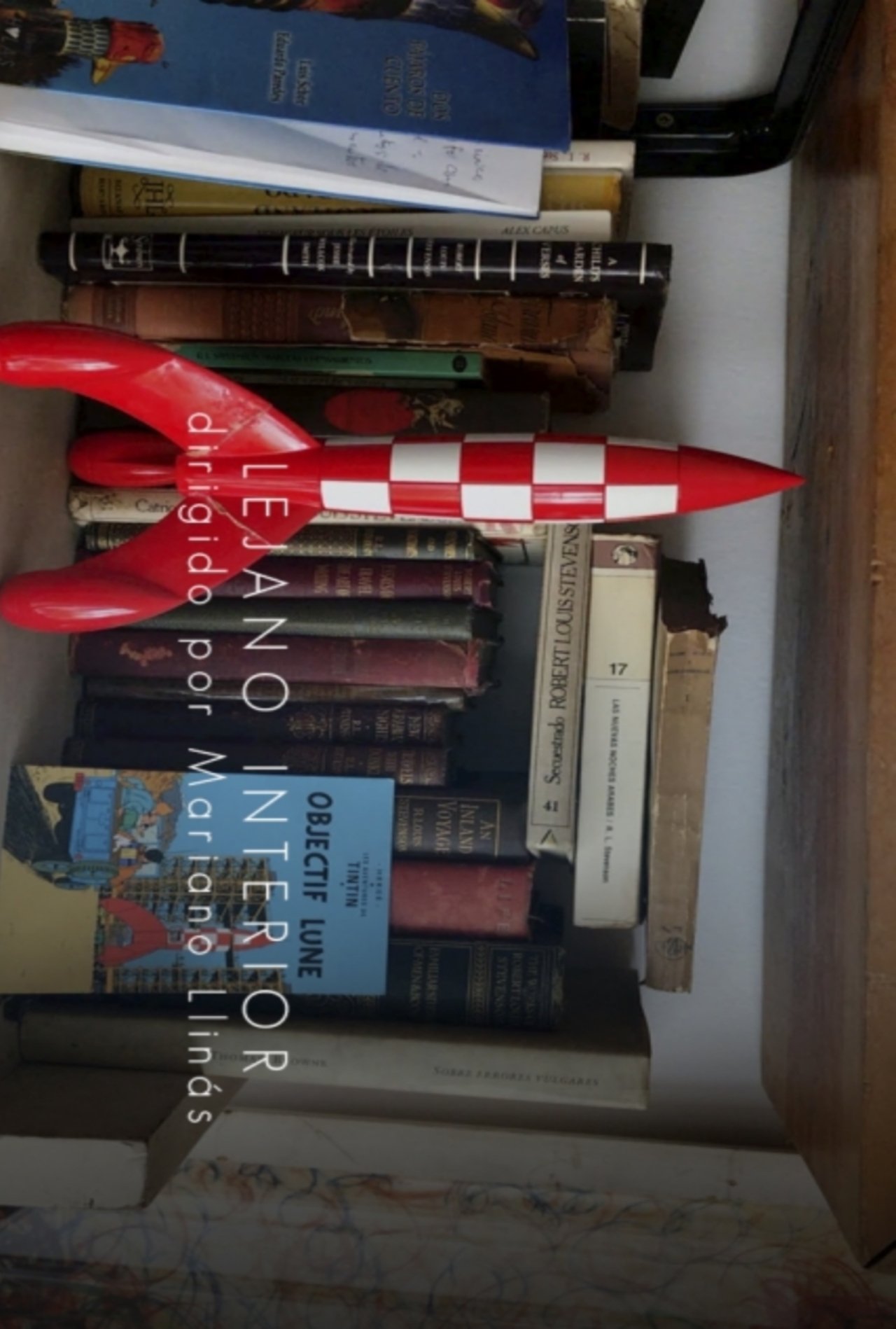
A "cinematic object" by Mariano Llinás, divided into 9 chapters, based on the poetry of Henri Michaux.
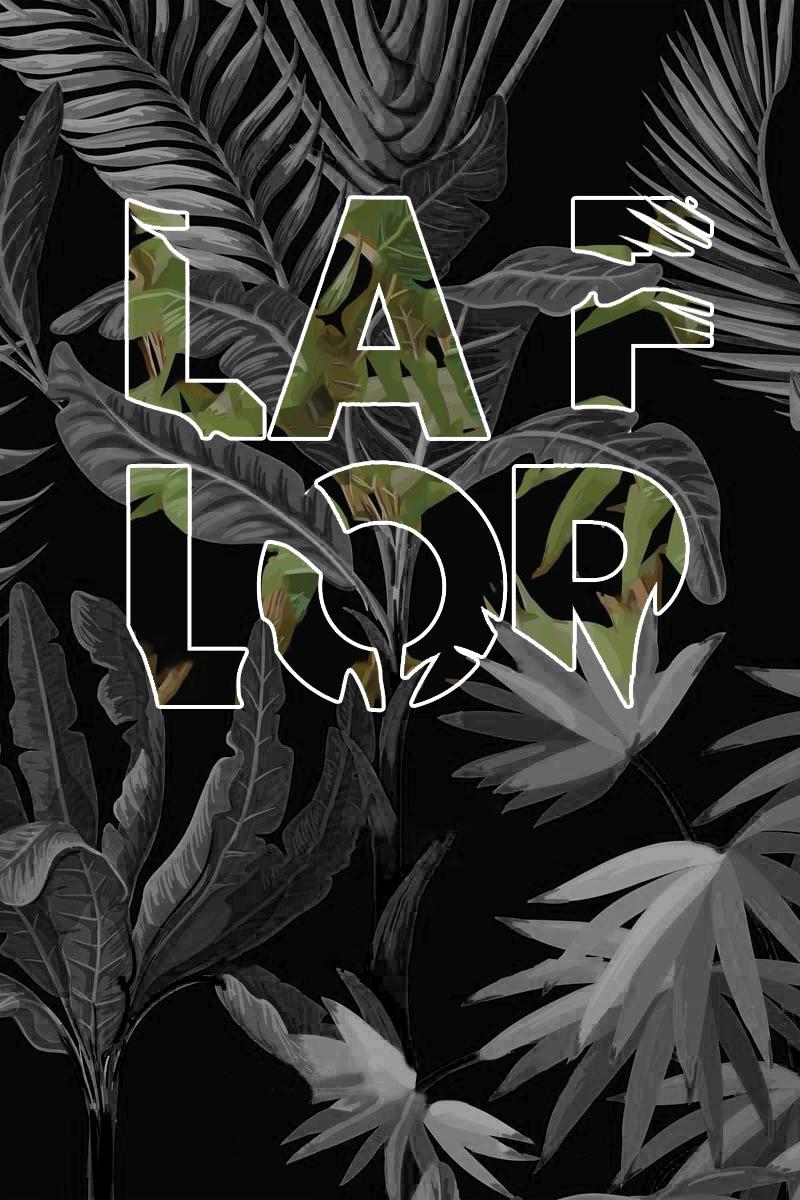
In all the stories that Llinas presents to us here with his narrative flair, well-known from Extraordinary Stories, we see the same four actresses, but each time in different roles: Elisa Carricajo, Valeria Correa, Pilar Gamboa, Laura Paredes – we also see them grow and get older.
Mariano LLINÁS (1975, Argentina) is a filmmaker, screenwriter, producer and actor. His sister is the well-known Argentinian actress Verónica Llinás. He was educated at the Universidad del Cine in Argentina, where he currently teaches. In 2002 he became known through his documentary Balnearios. At IFFR 2017, La Flor (Parte 1)(2016) was the winner of the Hubert Bals Fund Audience Award. That film, together with La Flor (Parte 2) and La Flor (Parte 3) combine to form Llinás's epic project. A film with a running time of 14 hours − the longest Argentine film in history.
By browsing this website, you accept our cookies policy.